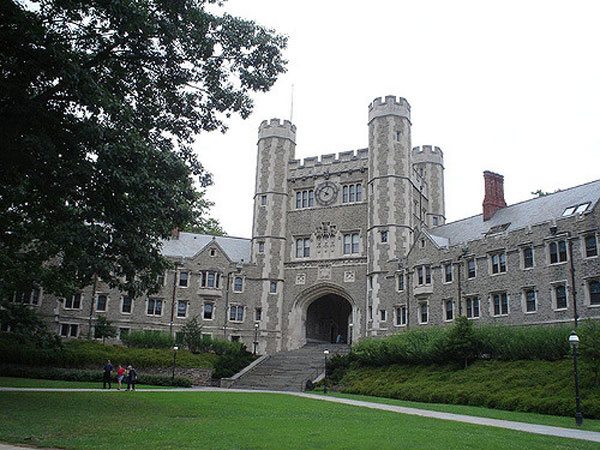
December 9, 2017; Planet Princeton
A new bill in New Jersey is aimed at preventing citizens from suing nonprofits to question their right to tax exemption. As readers may recall, these types of suits challenging property tax exemption have become increasingly common in New Jersey in particular since a judge found that the “nonprofit hospital is a legal fiction.” Apparently, over 40 towns in New Jersey have by now sued their own local nonprofit hospitals over their tax-exempt status.
But the suits have not only been aimed at hospitals. As reported by Gianluca D’Elia for the blog Planet Princeton, “The bill would block lawsuits like the one filed in 2011 by Princeton residents, which argued that some activities of Princeton University are essentially commercial and therefore those buildings should be properly assessed and taxes should be paid.” That suit was eventually settled, with most of the $18 million being tagged for affordable housing for the town’s low-income residents, who were paying property taxes either directly or indirectly as renters.
In the Princeton case, the attorney for the citizens, Bruce Afran, despite acknowledging the bill is unlikely to pass before a December 31st deadline, used the opportunity to assert that the universities’ business model is less than responsible to public interests.
Sign up for our free newsletters
Subscribe to NPQ's newsletters to have our top stories delivered directly to your inbox.
By signing up, you agree to our privacy policy and terms of use, and to receive messages from NPQ and our partners.
“The present system of unlimited exemption for universities encourages, in many cases, wasteful spending, because by being free of paying taxes, they can pour money into excess executive salaries and unnecessary employment positions like 20 people in the public relations department,” he said. “If they were forced to pay taxes, they’d have more slimmed-down operations, and frankly, they’d be able to charge less tuition. But it’s because they’re free of tax duties that they can create unnecessary administrative layers, and that drives up the cost of tuition.”
Clearly, the bill will be facing opposition, because even though the Association of Independent Colleges and Universities in New Jersey reportedly spent over $100,000 to advocate passage of the bill, S2212, many legislators are unconvinced that citizens should not be allowed to challenge large nonprofit tax exemptions.
Sen. Shirley Turner (D-Ewing), who voted against the bill previously, says, “I believe third-party tax appeals are an important check and balance procedure that needs to remain in place…New Jersey has the highest property taxes in the country, and we need a mechanism for appealing questionable classifications that shift the property tax burden to taxpayers.”—Jeannie Fox and Ruth McCambridge












